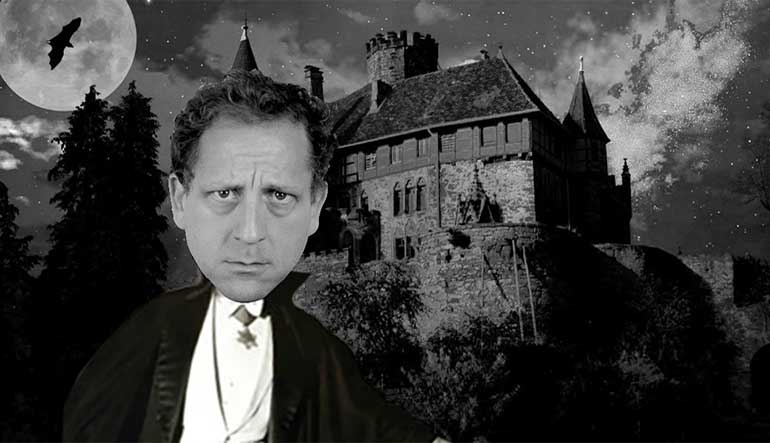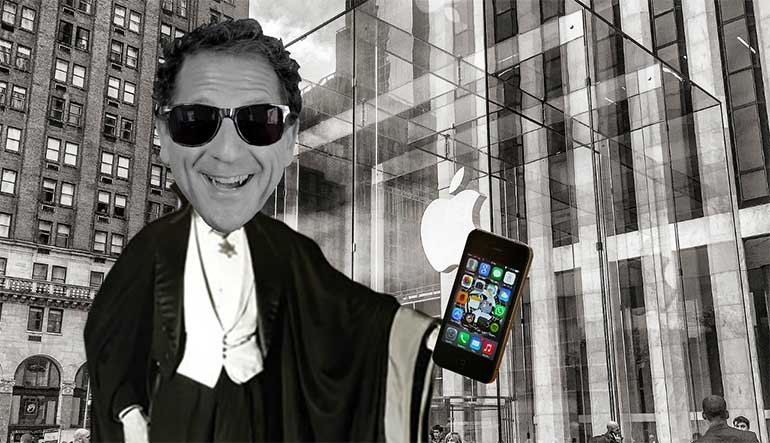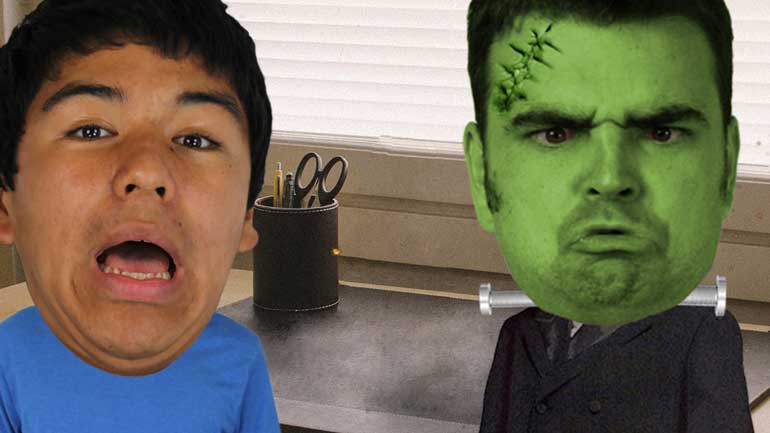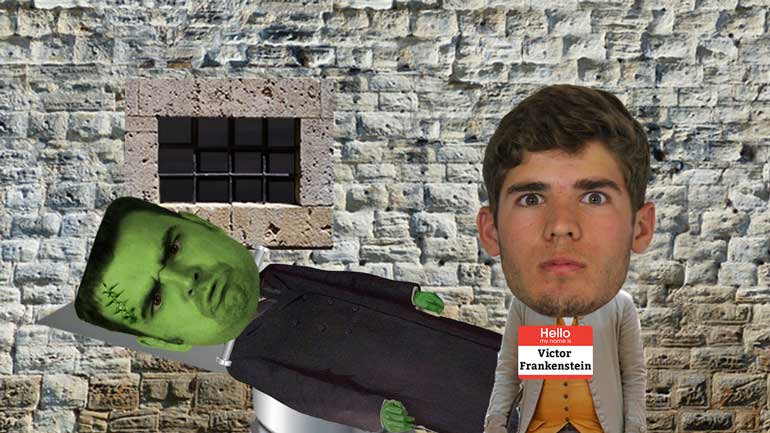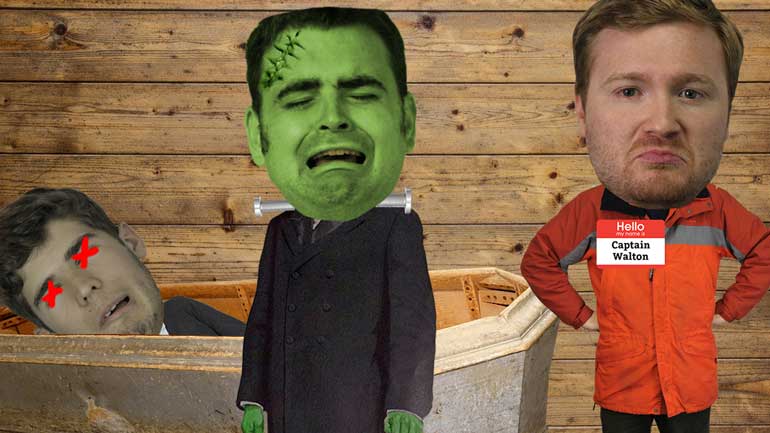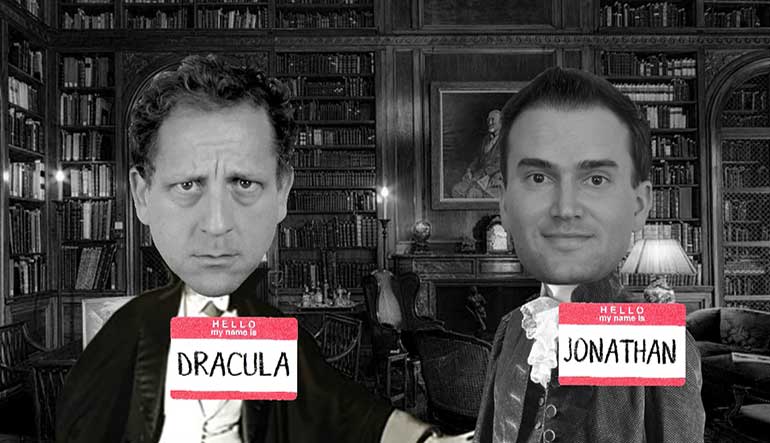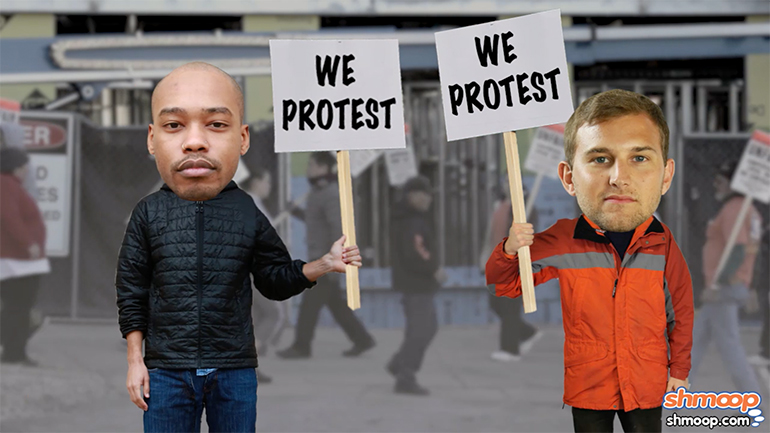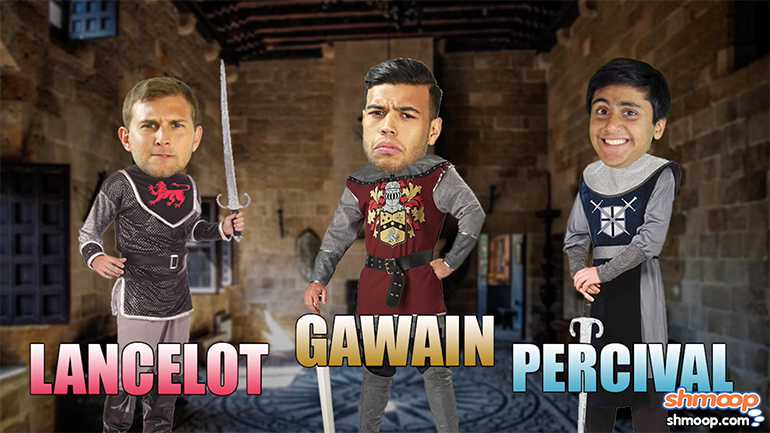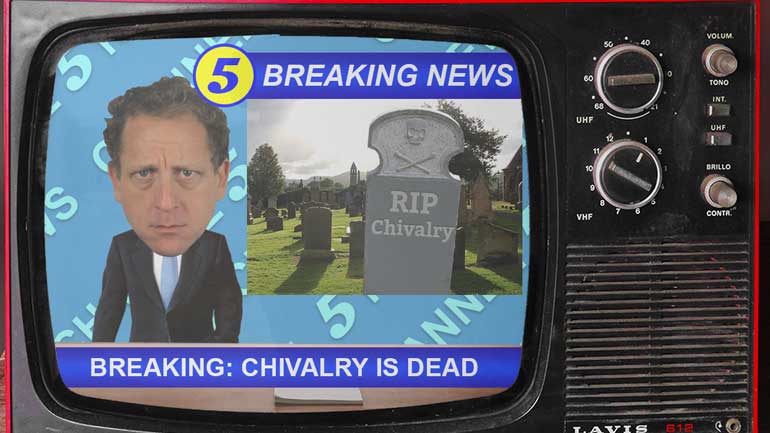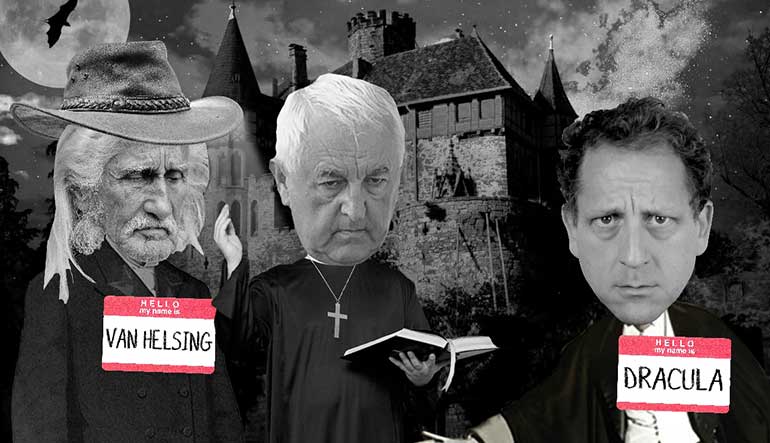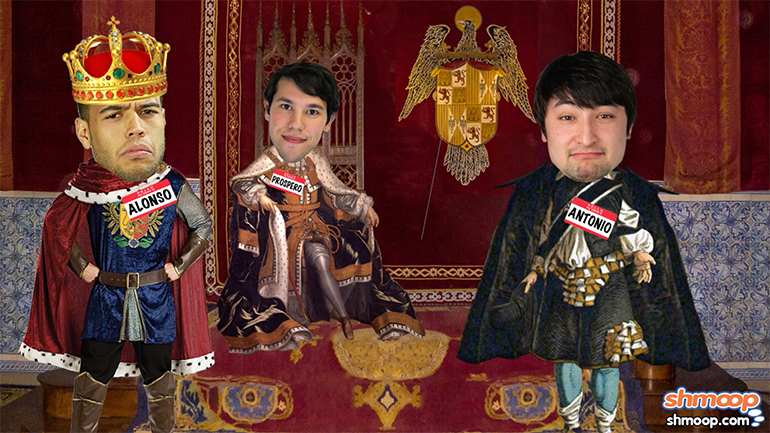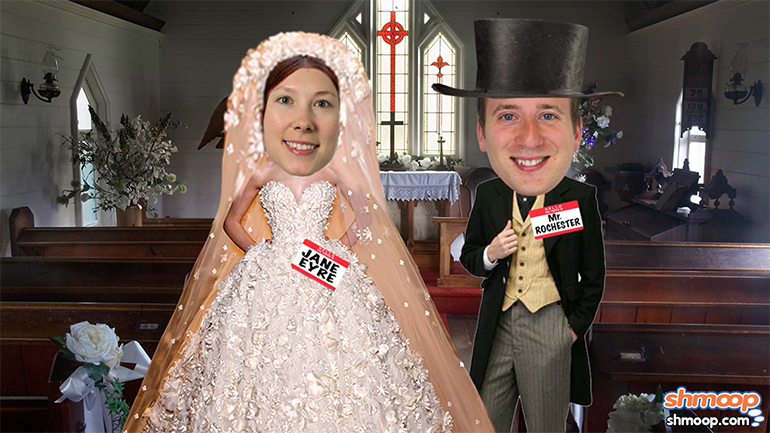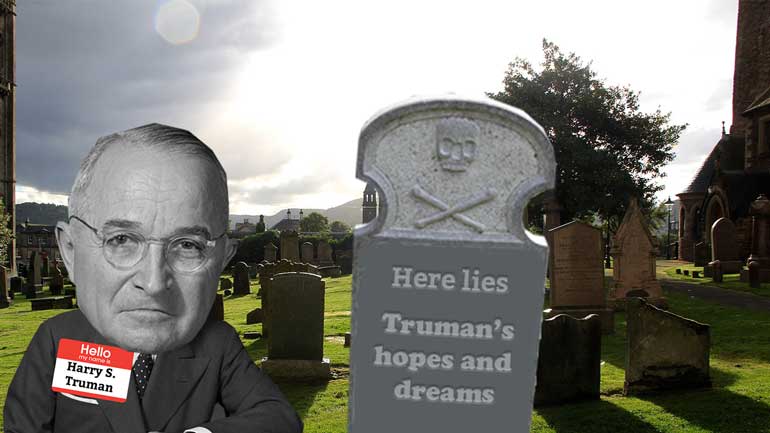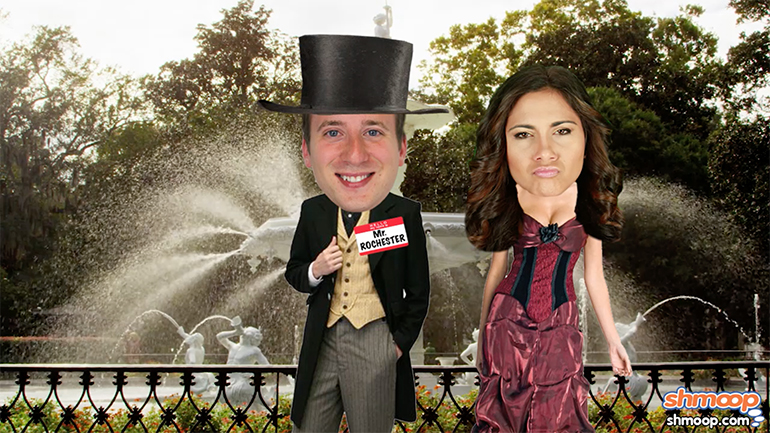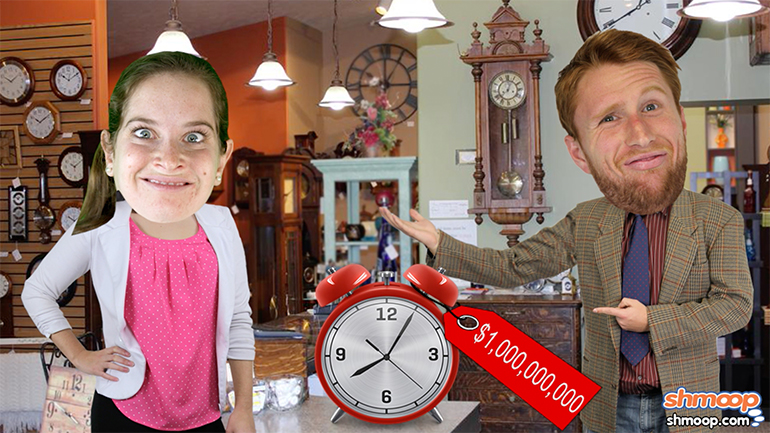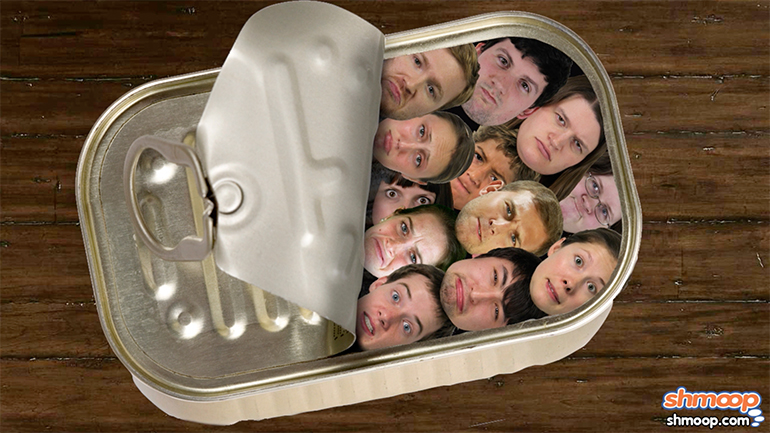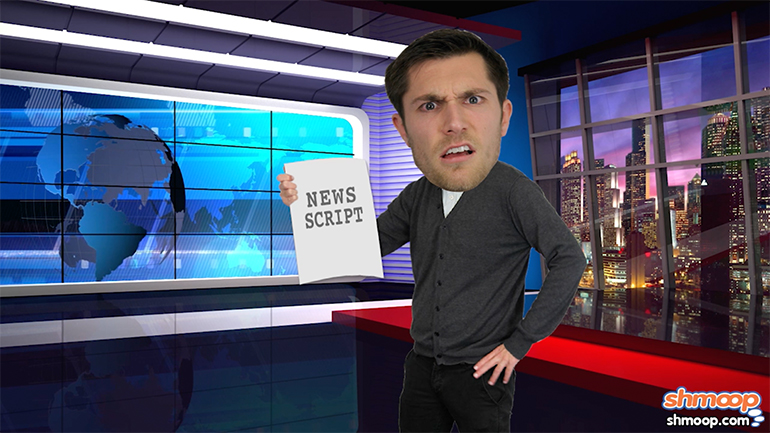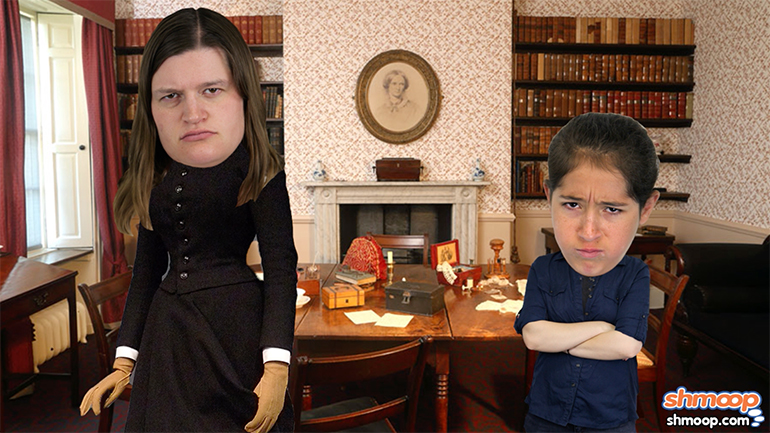ShmoopTube
Where Monty Python meets your 10th grade teacher.
Search Thousands of Shmoop Videos
All British Literature Videos 53 videos
Well, if this book doesn't make you want to tape over your laptop camera, we don't know what will.
Imagine a world in which all literature was dystopian. Okay, so we may be getting to that point, 1984 and V for Vendetta helped start it all.
By the end of this video, you will be brainwashed. There's nothing you can do about it; we just wanted to let you know. We like to think we're bigg...
ELA 12: 6.2 Some Thoughts About the Poor and Impoverished 8 Views
Share It!
Description:
Understanding Dickens means diving into a little economic theory. Don't worry, it's mostly harmless.
Transcript
- 00:00
you don't have to read too much Charles Dickens to realize that the guy
- 00:06
was really interested in economics and how they affected people's lives. all [Dickens book pictured]
- 00:10
those poor characters in his novels didn't just become impoverished in a
- 00:14
vacuum. and that's not just because vacuum cleaners weren't invented until
- 00:17
the 20th century. however to understand the economic situation that Dickens
Full Transcript
- 00:21
lived through in the 19th century it really helps to understand the ideas of
- 00:25
the so called father of economics, Adam Smith. one of his biggest ideas was that [Dickens himself pictured]
- 00:31
self-interest is one of the most important forces in a healthy economy. as
- 00:36
might fly in the face of what generations of kindergarten teachers
- 00:39
have taught about the wonders of sharing. but Smith wasn't advocating greed
- 00:43
exactly, even if it was kind of good. rather he thought that self-interest in [man smiles holding money]
- 00:48
moderation could serve as a corrective force. for instance consider a vendor who
- 00:54
makes and sells clocks. if they're really greedy
- 00:56
they'll just rush through the manufacturing process the same time
- 01:00
charge huge fees so that they can make as much money as possible. how could that
- 01:05
ever go wrong? customers act based on self-interest. few
- 01:09
people would be willing to pay exorbitant prices for clocks, especially [woman holds shirt for sale]
- 01:13
if they're poorly made and break almost immediately. a broken clock might be
- 01:17
Right twice a day ,but that's not exactly a great selling point. well as a
- 01:20
consequence the self-interest of the seller and the customer must find some
- 01:24
sort of balance where the products are made at good enough quality to attract
- 01:28
customers ,and sold at reasonable enough prices so that no one feels like they're [customer and manufacturer discuss product]
- 01:33
being ripped off. well Smith also believed that the more trade that occurs
- 01:37
the stronger the economy will be. which produces greater individual wealth. and
- 01:42
we can see how this at work if we picture what had happened if everyone
- 01:45
had to make everything they needed to live that'd mean making your own clothes
- 01:50
food paper so lightbulbs medicine etc etc and it gets really tiresome really [people sew garments]
- 01:56
quickly. however if someone decided to specialize , by only making soap well
- 02:02
they could sell their soap and just buy all that other stuff. you know
- 02:06
who would ever want to give up making lightbulbs in their spare time? but that
- 02:10
we kind of see the attraction. well this specialization also means the
- 02:13
soap person can make more soap more efficiently, [soap being made]
- 02:16
since they're trying to make dozens of kinds of things every day. this means
- 02:20
there will be more soap though soap prices can decrease and more people will
- 02:25
have more money left over which luckily for Smith is just what he predicted. when
- 02:30
we put these two big ideas together we get a picture of economics that works
- 02:33
without any need for government interference. as long as sellers and
- 02:37
customers keep on following their natural self-interest both trade and [government building pictured]
- 02:41
individual wealth will just keep increasing and increasing as if the
- 02:45
economy were guided by a benevolent invisible hand. of course that hand is
- 02:49
very very invisible to all the poor people and Dickens fiction. don't
- 02:53
literally mean that but man what a literal invisible and really spiced up Oliver [Dickens characters pictured]
- 02:57
twist.
Related Videos
Meet Charles Darnay, the nobleman who spends more time on trial and in prison than attending balls and drinking expensive wine. Don't feel too bad...
Written in Anglo-Saxon, or Old English, sometime between the 8th and 11th centuries, Beowulf is an epic poem that reflects the early medieval warri...
Brave New World is supposed be an exciting book about a negative utopia and the corrupt powers of authority. So where’s the big car chase? What's...
What is Dracula really about? Just Count Dracula? Or is there more to it than vampires? This video addresses some major ideas in Bram Stoker’s cl...
There are plenty of famous vampires that send chills up our spines, but Dracula was and still is the king of them all. No one else can touch him. N...








